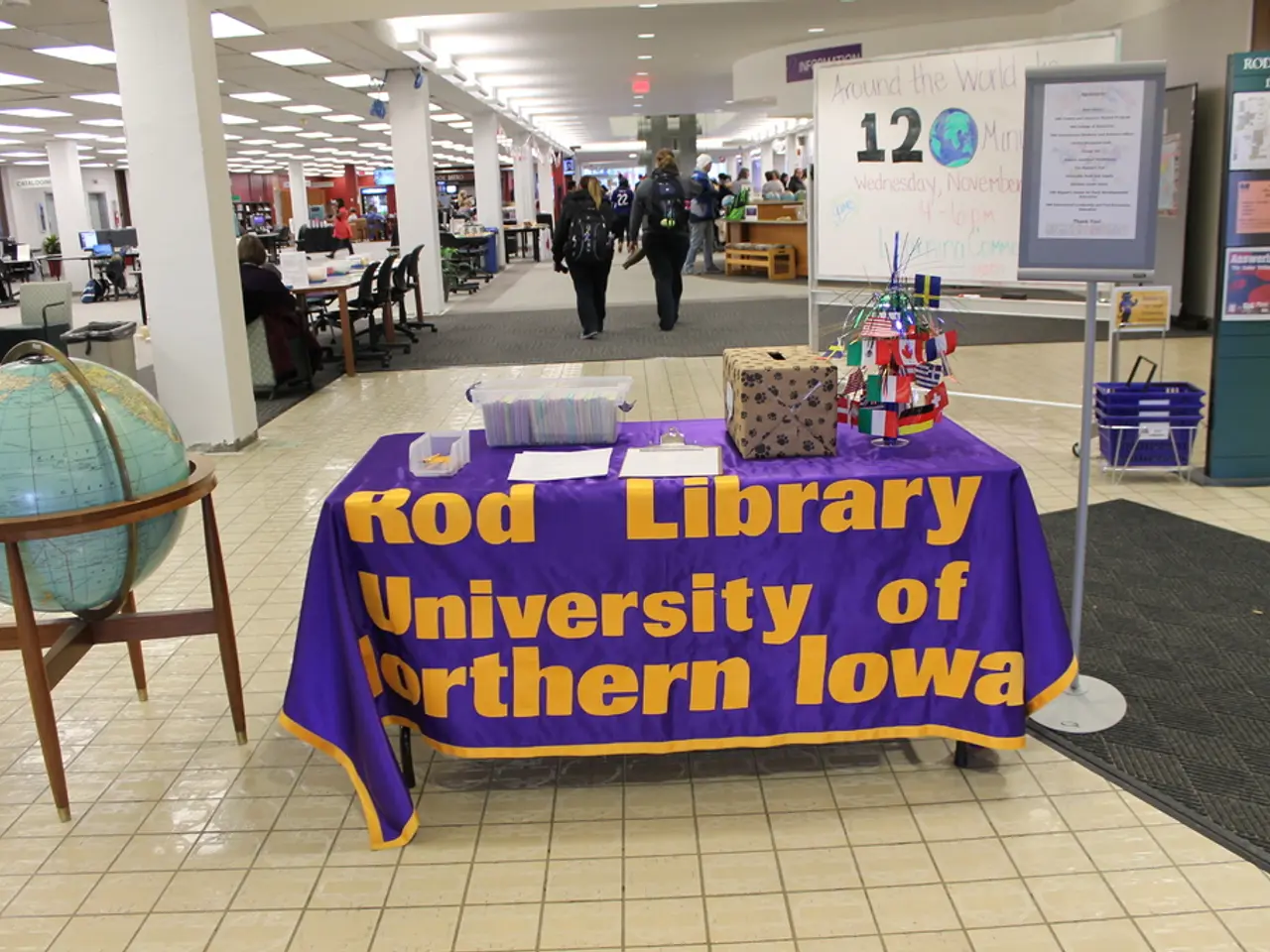Exploring Global Festivals via the English Language
In today's interconnected world, English has become a global lingua franca, playing a pivotal role in facilitating communication at international festivals. This common language encourages global camaraderie and appreciation for shared human experiences, extending beyond enjoyment to serve as a catalyst for global peace and collaboration.
Several popular international festivals either use English as their primary language or provide strong English support, making travel and communication easier for international visitors. Here are some notable examples:
1. **Edinburgh Festival Fringe (Scotland)**: English is the primary language, as it is the lingua franca of Scotland and the UK. All official communication, ticketing, information, and signage are in English, ensuring a seamless experience for the global audience.
2. **Tomorrowland (Belgium)**: English is widely used alongside local languages. Event guides, safety information, and most announcements are available in English to accommodate the international crowd.
3. **Rio Carnival (Brazil)**: While English is not the primary language, tourist guides, signage, and some event materials are translated into English to help international visitors navigate the festival and city.
4. **Harbin Ice Festival (China)**: Guided tours, key signage, and some informational materials are provided in English to assist travelers from abroad.
5. **Cannes Film Festival (France)**: English is widely spoken due to the global film industry. International filmmakers, press, and attendees use English for communication, and many official materials are available in English.
6. **Glastonbury (UK)**: English is the only official language, with all information, programming, and communication in English, making it accessible to global festival-goers.
These festivals facilitate smooth communication through various means:
- **Multilingual Signage and Guides**: Major festivals provide English signage and printed guides, making it easy for travelers to find information and navigate the event. - **English Speaking Staff and Volunteers**: Many festivals, especially those with international appeal, hire staff who are proficient in English to assist visitors with questions and support. - **Digital Tools and Apps**: Many festivals offer digital apps with schedules, maps, and important announcements in English, enhancing the experience for non-native speakers. - **Official Communication**: Announcements, safety instructions, and important updates are often released in English, especially at events with large international attendance. - **Cultural Sensitivity**: While learning a few local phrases is still encouraged, the strong presence of English ensures that travelers can fully engage in the festival without major language barriers.
By harnessing the power of English for communication during global festivals, these cultural events are transformed into universally accessible celebrations. Understanding and respect for cultural differences reduce prejudices and foster collaboration across borders. English bridges cultural divides, ensuring a more inclusive, safe, and enjoyable festival participation for people from all walks of life.
Overcoming language barriers, English plays a significant role in encouraging lifestyle adaptability during international travel, enhancing the experience at festivals like the Edinburgh Festival Fringe, Tomorrowland, Rio Carnival, Harbin Ice Festival, Cannes Film Festival, and Glastonbury by providing multilingual signage and guides, English-speaking staff, digital tools, official communication in English, and fostering cultural sensitivity. Such festivals serve as platforms for education-and-self-development, promoting acceptance, understanding, and collaboration, thereby fostering peace and collaboration in our diverse, global society.




